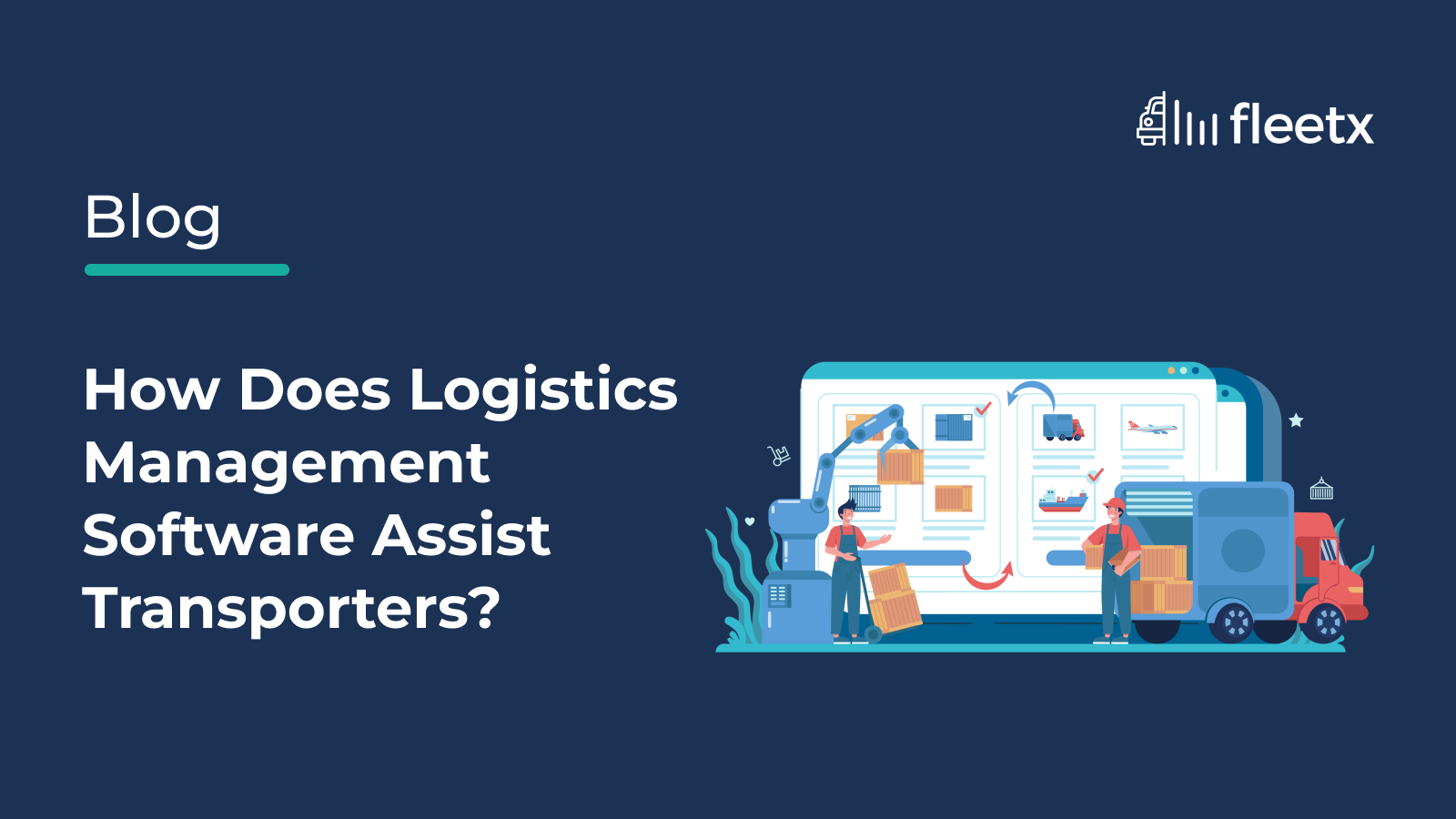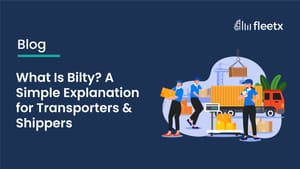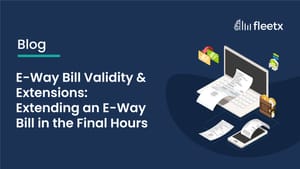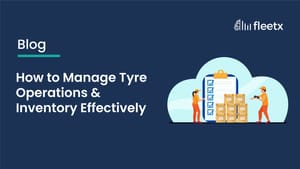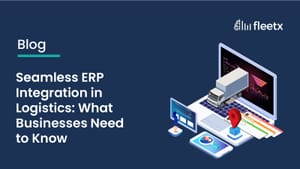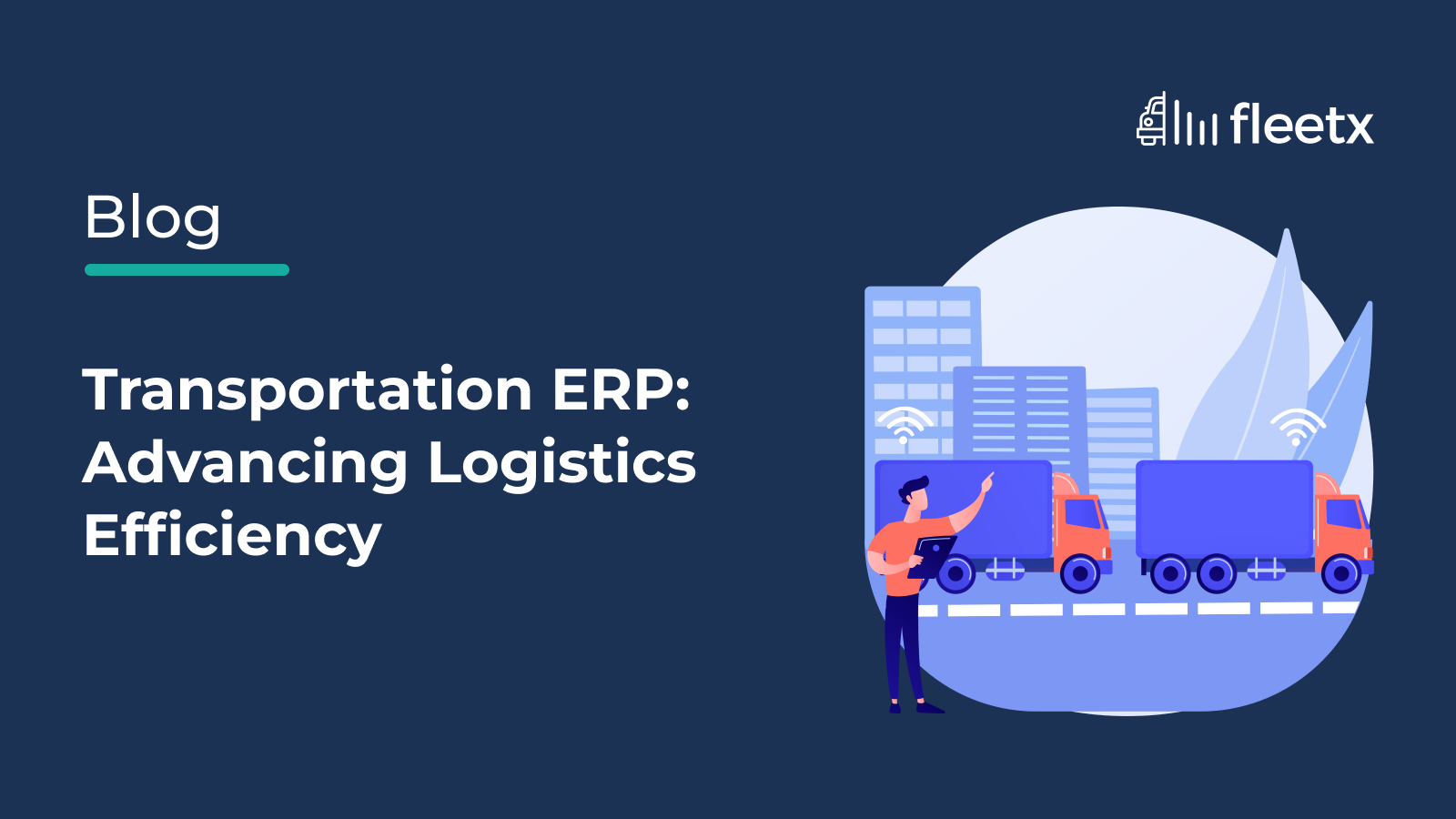
Data is driving the world and its impact is widely diversified – financial services, healthcare services, sales & marketing, and supply chain logistics, are some of the avenues utilizing the transformative power of data. However, fragmented data has limited use in streamlining complicated tasks.
A centralized data hub - ERP (Enterprise Resource Planning) system – is a convenient tool to manage the varied aspects of any business operation. Transportation and logistics are the backbone of an economy and draw significant benefits from unified logistics ERP software.
What is ERP for Fleet Management?
A fleet owner collects orders and undertakes transactions through multiple channels. The stakeholders expect real-time and detailed information, which manual operations would not deliver. Such real-time visibility is crucial for faster decision-making, planning, and resource optimization.
By automating several operations across the supply chain and reducing the scope of errors significantly, ERP software for the logistics industry plays an important role in identifying improvement opportunities. An ERP implementation enables an organization to reduce the scope of errors. Features of a robust system include:
- consignment management
- FTL and PTL last-mile delivery and inventory management
- financial transactions
- market vehicle management
- customizable reporting
A Deep Dive into the Core Features
Consignment Management
ERP for a transport company is a cloud-based logistics management solution that provides paperless consignment records. Tracking revenues, data analysis, and resource optimization are simplified through intuitive web and app interfaces.
FTL & PTL Last-Mile Delivery and Stock Management
Transporters can ensure timely shipments with a user-friendly cloud solution, assuring optimized delivery management. A fleet management system’s ERP facilitates seamless door pickups, warehousing tracking, and last-mile door deliveries, offering an end-to-end logistics management solution.
Vehicle Management
Functionalities such as vehicle hiring and payment management get streamlined through valuable insights derived from analytics and system reports.
Billing Management
Creating freight bills and purchase bills and tracking the outstanding payments become easier through detailed sales and purchase bill management features on transport ERP software.
Customizable Reporting
ERP software provides the flexibility of generating customized reports that align with the business needs. Such easy access to valuable insights facilitates quick decision-making.
How Does Transport ERP Benefit Logistics Operations?
Higher Efficiency
For instance, in the case of a fleet of trucks, an ERP system would have the functionality to track each truck in real time. The availability status of each truck can be detected in a few clicks and dispatched accordingly. Other features include inventory level tracking, order management, and more.
Lower Costs
Transporters were used to Excel spreadsheets for inventory and shipment tracking. The manual data upload led to errors, taxing the business in heavy losses. A transportation ERP enables automated inventory management to avoid overstocking or understocking, controlling rising costs across multiple sections.
Centralized Data Hub
Upon integrating ERP with transport management software, organizations build the ability to centralize data from several avenues of operations in one accessible point. Data duplication or discrepancy can be easily avoided, leading to faster decision-making.
Improved Channel of Communication
Any business, including logistics, benefits immensely from effective communication. A successful ERP integration with logistics software ensures a seamless flow of communication among departments, vendors, and even customers.
Key Differences Between Enterprise Fleet Management Software and General ERP
General ERP software provides a comprehensive platform for integrating and managing the primary functions of an organization, including finance, HR, and customer service. Its broad scope of applicability provides a central framework for processes across departments, facilitating data consistency throughout the organization.
On the other hand, logistics ERP is created with the sole focus on optimizing logistics and supply chain management. Complicated logistics functions such as inventory management, fleet management, order tracking, and more, are streamlined through this system.
Area of Specialization
General ERPs are applicable across a broad range of business functions but logistics ERPs specialize in handling specific tasks of logistics and supply chain operations. Detailed shipping management, consignment tracking, etc., do not come in the package in general ERPs.
System Users
General ERPs are widely used by personnel from varied departments, whereas logistics ERPs are used especially by supply chain managers, transport owners, and logistics coordinators.
Financial Impacts
In logistical operations, a general ERP wouldn’t be as profitable as a dedicated transport ERP, which would play a crucial role in reducing transportation costs and improving delivery schedules.
Navigating Toward Success
Enterprises gain improved visibility and control over their fleet operations through the successful implementation of a fleet management ERP. It is essential to keep your fleet running efficiently on the road but beyond that, it assists in optimizing your logistics operations to improve the overall efficiency of your business.

